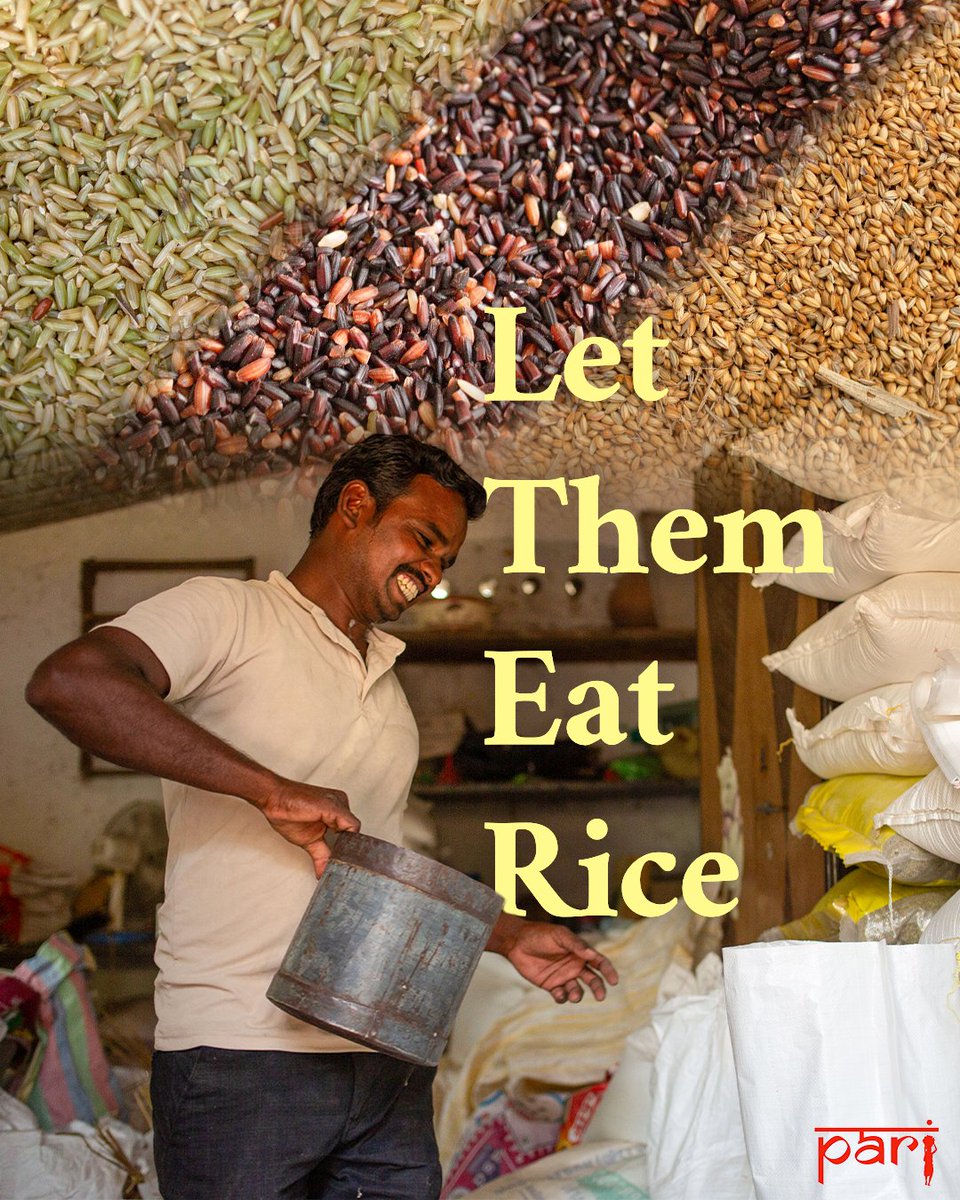“I was v happy.I said namaskaar.@rashtrapatibhvn greeted me & said:Welcome to Rashtrapati Bhavan,”says Kamala Pujhari,recalling her trip to Delhi to receive the #PadmaShri for her work on seed conservation,an uphill task when many varieties of paddy in her village are vanishing. 

In 2002, she collected the Equator Initiative award on behalf of the #Adivasi communities of Jeypore. in Johannesburg. In 2009-10, she received the ‘Plant Genome Savior Community Award’ set up by the Protection of Plant Varieties & Farmers’ Rights Authority (PPVFRA). 



But neither the Padma Shri nor the PPVFRA award have helped Kamalaji in getting rights over the #seeds she once cultivated & is now conserving,as she didn't know about the PPVFRA & how it grants rights to breeders & farmers who have preserved,bred, evolved or developed landraces. 

“Seed thrives only if it is used in the fields consistently, season after season, and not otherwise [ by methods like rights and certification],” mantains Kamalaji. Read the full story here: ruralindiaonline.org/articles/patra…
• • •
Missing some Tweet in this thread? You can try to
force a refresh






















